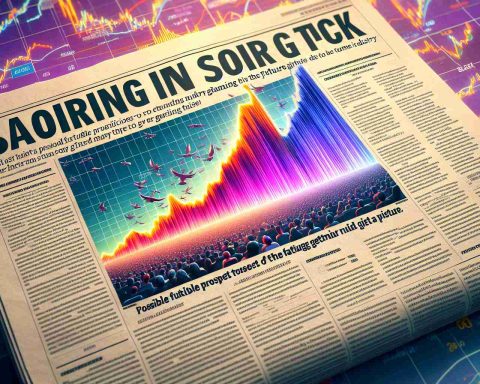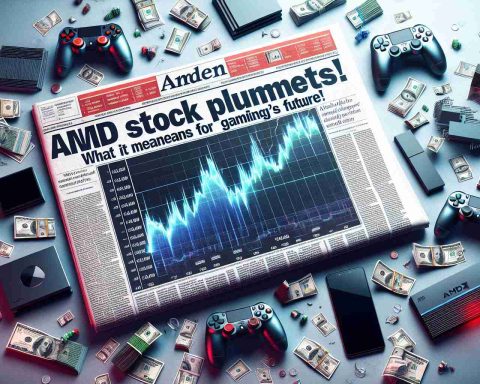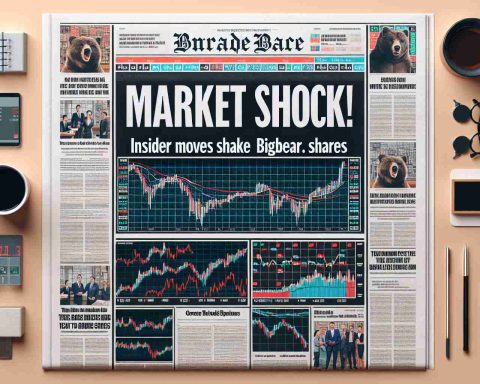An elaborate smuggling network is enabling Chinese entities to acquire advanced Nvidia GPUs, which are crucial for AI and high-performance computing, despite strict U.S. export controls. This has prompted the U.S. government to consider stricter measures to prevent GPU flow through third-party countries.
The planned regulations, reportedly crafted by Gina Raimondo and Jake Sullivan, aim to implement national quotas on GPU exports and establish a global licensing system. These actions are designed to close gaps in current policies, focusing on countries that act as transshipment points but aren’t subject to U.S. export limits.
These quotas could impact AI developments in various nations, as re-exporting GPUs to China is increasingly monitored. It’s anticipated that companies will instead prioritize legitimate local customers over unknown buyers.
Investigations reveal Chinese entities leveraged certain Middle Eastern nations, Malaysia, Singapore, and Taiwan to procure Nvidia’s cutting-edge H200 GPUs. While Saudi Arabia and the UAE faced restrictions, alternative countries permitted re-export to China. Additionally, the U.S. Department of Justice is probing if Supermicro has sidestepped export rules through Taiwan-based firms to send AI servers to China and Russia.
Though Nvidia complies with export laws, indirectly selling advanced GPUs to intermediaries facilitates smuggling. As of August, over 70 vendors in China were openly advertising these GPUs, exploiting loopholes to bypass strict U.S. regulations.
The Hidden Network: How Chinese Entities Acquire Advanced Nvidia GPUs
In the world of advanced computing and artificial intelligence, Nvidia GPUs play an essential role, delivering the necessary power to drive innovations. However, recent developments have uncovered a sophisticated smuggling network that enables Chinese entities to obtain these GPUs despite stringent U.S. export controls.
How Transshipment Points Aid Smuggling Efforts
The investigation highlights how Chinese entities leverage countries such as Malaysia, Singapore, and Taiwan as transshipment points. These nations are not currently subject to stringent U.S. export restrictions, allowing them to facilitate the rerouting of advanced Nvidia GPUs to China. This process underlines the importance of understanding global supply chain dynamics and the challenges of enforcing export restrictions in a connected world.
Upcoming U.S. Regulations: Tighter Controls and Global Quotas
In response to these findings, new regulations are being considered to prevent illegal GPU flows. Spearheaded by Gina Raimondo and Jake Sullivan, these potential regulations propose national quotas and a global licensing system for GPU exports. The aim is to tighten the monitoring of re-exports and prevent unauthorized resale to China. If implemented, these measures could reshape the landscape of AI development across various nations by prioritizing legitimate transactions.
Potential Impacts on Global AI Development
The imposition of national quotas could significantly affect the global AI market. Countries involved in legitimate AI advancements may find themselves facing challenges in acquiring necessary components if quotas restrict access. Consequently, the industry might see a shift where companies prioritize dependable local partnerships over opaque, intermediary-driven transactions.
Investigation into Corporate Compliance
A noteworthy aspect of the unfolding story is the investigation by the U.S. Department of Justice into whether companies like Supermicro have violated U.S. export rules. The probe focuses on potential collaborations with Taiwan-based firms to export AI servers to China and Russia. Such investigations underscore the complexity of corporate compliance and the need for robust enforcement mechanisms to uphold regulations.
Trends and Predictions in GPU Markets
As companies and governments adapt to tighter regulations, trends suggest an increasing emphasis on developing compliant AI technologies and platforms within permissible boundaries. Predictions point to a growing market for more advanced, yet compliant GPU solutions that can circumvent tightening restrictions while serving legitimate AI needs.
For more on global tech advancements and security measures, visit the official Nvidia website.
Understanding these dynamics is crucial for stakeholders looking to navigate the geopolitical complexities of technology exports and to foster ethical innovation globally.



















